Nordic skier snagged 2nd at recent national championship
Ski & Snowboard Club Vail’s Nordic athletes are coming off a busy couple weeks, traveling back from Anchorage, Alaska, where they competed at the U.S. Cross County Ski Championships last week.
For most of SSCV’s club-level athletes, the event is a tremendous learning opportunity as they compete alongside more than 370 of the nation’s best Nordic skiers. But for one, 28-year-old Noah Hoffman, the championships were an opportunity to solidify his invitation to the Olympic Winter Games in Pyeongchang — and with a stellar second-place result in the skate freestyle 15k, Hoffman hopes to have punched his ticket.
Hoffman is a former U.S. Ski Team athlete originally from Aspen who was released from the national team several years ago — a fate that sometimes befalls aging athletes across all snowsport disciplines. After his departure from the U.S. Ski Team, Hoffman began competing on behalf of Ski & Snowboard Club Vail.”
“This result will hopefully get him in,” said SSCV Nordic Program Director Dan Weiland.
SSCV athlete Tad Elliot, a Durango native, scored a fifth-place result in the aforementioned 15k skate, probably not enough to crack the Olympic roster, but it’s definitely a strong national championship result for the 29-year-old.
With third-, fourth- and fifth-place finishes among his age group, SSCV’s Cal Deline, a Vail native who now races for Dartmouth College, earned an alternate spot on the U23 World Championship team.
“The cool part is Noah and Tad are working out of the same trailer; we are providing the same service to those guys, and that service is passed down to the rest of our athletes,” said Weiland. “The younger guys get to interact with them, and I think all of that is really good for their development.”
Among SSCV’s club-level athletes who competed at the national championship were Sharon Seabury, Molly Blakslee, Bridget Donovan, Nolan Hertzog, Marcus Gore, Cameron Wolf, Collin Wilson and Nathanial Badger.
“It was a tough 10 days, not just for our club but for the whole Rocky Mountain Region. We tend to get outgunned when we go to a venue like that. There are a few factors in that. First, it’s in Alaska; there’s no daylight. It’s rugged conditions and the courses are not very hard, pretty flat. And we have a hard time going fast at sea level physiologically.
“We need hills in there,” added Weiland. “Unfortunately, they weren’t able to provide us with a course that has the hills they said they would have. There were some weather challenges and pieced together a course that just wasn’t hard enough for our guys.”

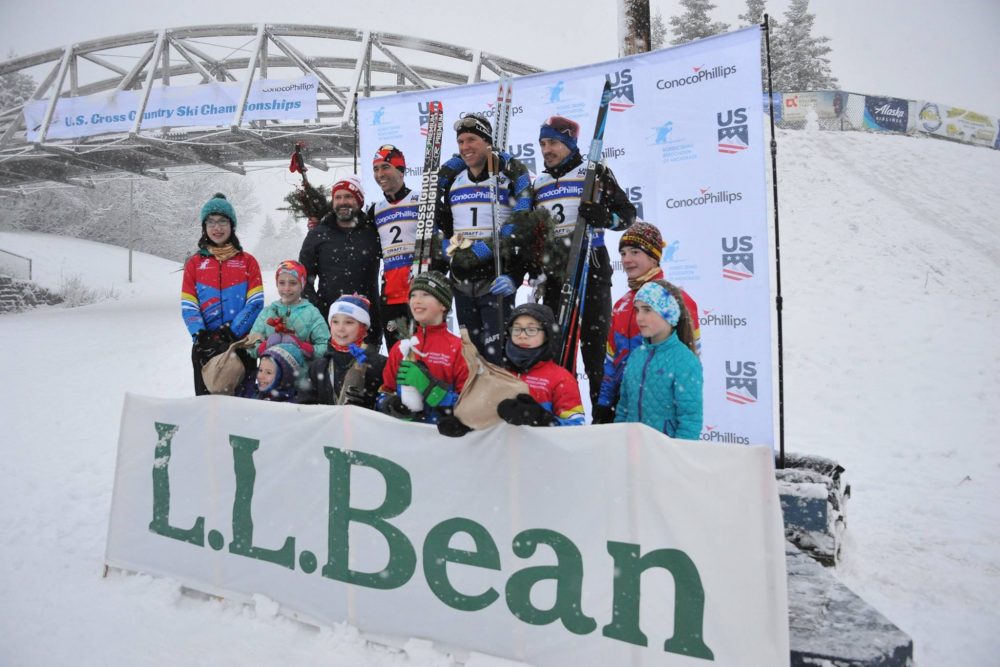
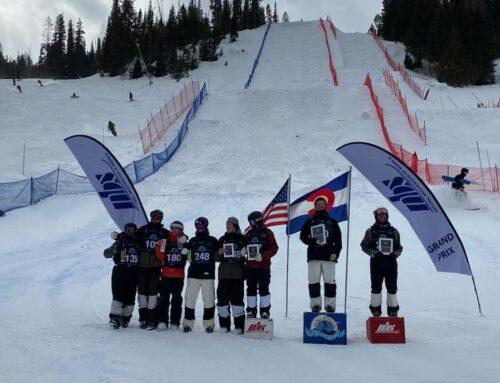
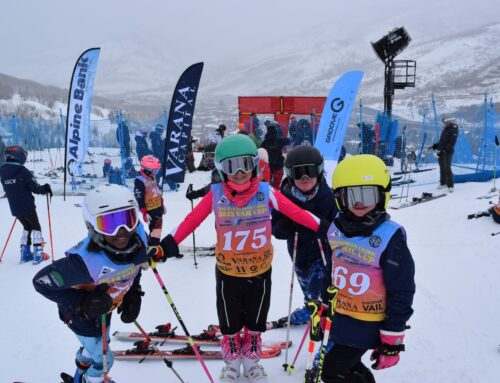
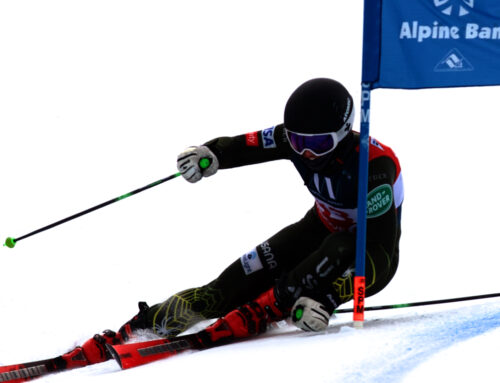
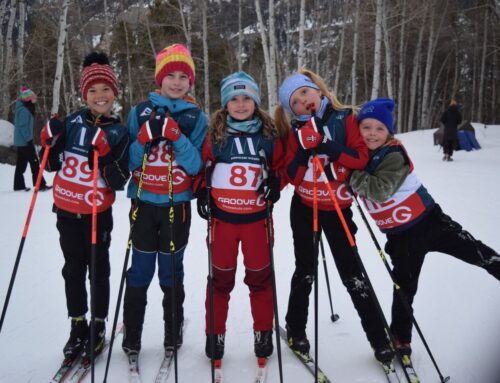
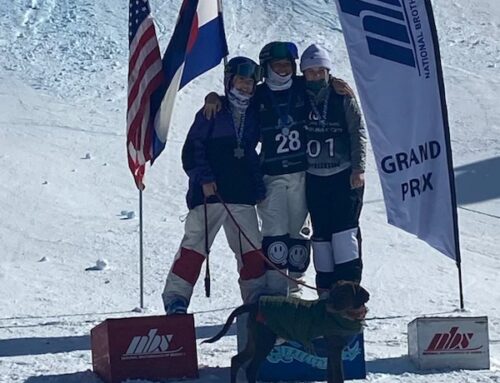
Follow SSCV